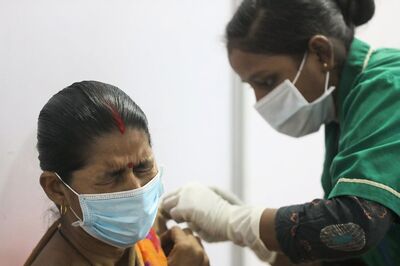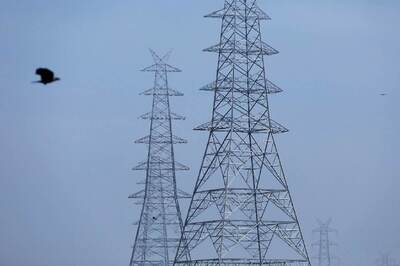
views
THIRUVANANTHAPURAM: Economic constraints on critical resources such as infrastructure, energy, water and land should be overcome to achieve a GDP of 9 percent in the 12th Five Year Plan, said Planning Commission Deputy Chairman Montek Singh Ahluwalia, while delivering the P K Gopalakrishnan memorial lecture on ‘Challenges in the 12th Plan’ at Centre for Development Studies here on Monday. He said that owing to the global economic downturn it would be more difficult than it look like to achieve a growth of 9 percent as envisaged in the approach paper to the 12th Plan. However, Ahluwalia expressed hope that it was still feasible riding on the positive factors in the economy and addressing policy issues to overcome sectoral constraints. The Commission has projected 9 percent annual average economic growth during 2012-17, in the Approach document to 12th Plan, which was approved by the National Development Council headed by the Prime Minister in October last year. Elaborating on the challenges, Ahluwalia said that the infrastructure was vital to sustain rapid growth. “Compared with China our infrastructure development has to improve for a sustainable growth. The public-private-partnership (PPP) model has worked well for the country unlike in other parts of the world. Today India is the second largest country in the world to execute PPP projects. The Cochin International Airport Limited is a pioneer in PPP model which was emulated in other parts of the country. As the vision statement goes in the 11th Plan, the private money should be invested in the public project and the opposite should not happen,” he said. Stressing that the energy pricing should be changed on par with the crude oil price, he said how the country handles the energy pricing issue would be a main factor in determining the growth rate. He said that the issues pertaining to the energy should be put across the public domain. Ahluwalia said that Planning Commission was working closely with the Water Resources Ministry to tackle the problem of water pricing in the country. “Only 2 percent of the total water consumption goes for the drinking water purpose. The rules laid down on water are not clear in the country. It is time for well-laid laws on water and the new water policy is expected to address this problem,” he said. He said that with fast industrialisation and urbanisation, the land requirement would go high and the State and Central Government should be better equipped to address this problem. “The garbage menace that many cities are facing today is a result of the rapid urbanisation. It is high time that the local bodies and State Govt bring in the latest technologies for disposal of waste,” Ahluwalia said.




















Comments
0 comment